Arbitrary Sacred Places
I might never have found God elsewhere. I had never been a religious person. I found that the mountains and forests are spiritual places. The distance between Heaven and Earth is less. It is easy to encounter the sacred. I felt a growing sense of connection to something beyond myself, and belief took root at the edges of my mind.
I found that the mountains and forests are spiritual places.
Yes. Those both, as well as the sea. It's hard to say what it is they put you in touch with. Heaven? Maybe. Or something like it. Some would say God, and maybe him, too, but I must say, it's a much less complicated feeling of God than the one you find in the dogmas and rubrics and purity spirals and internecine wars that comprise the only mosaic of religion I’ve ever known.
I’ve found, as I’ve been forced to shed the cynicism of imposed epistemological hubris, that the tree huggers I used to mock are actually onto something.
My high school art teacher — Angela was her name — was a fascinating woman. I didn't appreciate her then as much as I would now. She was British, married to a wealthy American businessman (they welcomed my friends and I into their beautiful Dallas home on multiple occasions), and although she struck me as very eccentric at the time, she was incredibly generous and kind hearted. I first heard the haunting lyrics of Tracey Chapman’s “Fast Car” as a passenger in her white and gold Lexus LX. She insisted that my parents stay in one of her homes when they came out for my graduation, since they couldn’t really afford a hotel. The kind of person you utterly fail to appreciate as you should as an 18 year old.
I don’t remember anything specific from her classes, except one thing: I recall her talking about nature, and the existence of "arbitrary sacred places."
As a rule-following Catholic school boy who found it a little bit shocking to think there could be a sacred place without a tabernacle in it, I had no idea what she actually meant.
Until one day, about a year later, I found myself at the top of the Seven Devils mountain range in Idaho, standing in the snow in the middle of summer, watching the sun go down. I’d been rock climbing for hours. I was lost, separated from my guides, dehydrated, hungry, exhausted, and about to have to pick my way in the dark through thousands of acres of wilderness I was unfamiliar with, full of wild animals I could not see, to make my way to a tiny little campsite I had no idea how to find.
But even so, I felt it, there, watching the beauty of that sunset instead of wringing every last drop of light from the darkening sky for my plunge into the dense forest below.
I felt it, too, standing on the soft, cold sand of Assateague Island, in October of 2014, as the drizzle fell from a steel gray sky, and the ocean churned up colors to match. We were there as part funeral, part celebration of life. We had just lost our first (and only) child to miscarriage, the ugly sadness of the thing still fresh in our minds and hearts as our kids played in the sand and surf, the autumn wind whipping at their clothes.
Or when, three years later, we took the kids out of school and drove to the Redwoods, our huge family van made small by the colossi standing astride the road.
There are other examples. These suffice.
There really is an energy in everything natural. A lifeforce. We know this, scientifically, but it feels weird and woo to say you, the rational creature you purport to be, can feel that energy, and can connect to it somehow. I don't know what it means. I don't know how it works.
But it’s there. And when you sense it, it’s undeniable.
Sometimes, I think that if there is a God, maybe this is how you’d find him. Instead of a God of mythology or thundering decree, he might be an indifferent creative force, a nebula of sheer life-giving-energy that leaves matter and form and flesh and bone as it makes its way through the universe like a cosmic storm, leaving behind all that we can see and feel like a trail of stardust given shape. A more grandiose edition of Miyazake’s Shishigame, the Forest Spirt, who causes flowers and vines to grow with every step. Perhaps the tendrils of that life force, sinewy fibers of existence and essence, permeate the fabric of reality like the vast, interconnected mycelium network of that single mega-organism, Armillaria ostoyae, inextricably intertwined with the underlayment of Oregon's Blue Mountains.
Maybe if God were something like that, he really would be omnipresent, infusing all things. Like the living syntax of the Matrix, dripping green and glowing and invisible to all but those who have eyes to see; the source code of the universe.
A god like that is a god I know I could never comprehend, but I could, in my own small way, understand what he is. Knowing that he expected nothing from me but to live, if such thoughts occurred to such a being at all, would soothe my need to bristle at his indifference. I have found I cannot tolerate the allegory of a Father-God who is by turns as absent or as cruel as he is demanding. But a god like this, an agent of initiation who promises nothing and expects nothing in return? At least this makes some sense to me. A god who perhaps does not love, but also cannot help but infuse life and beauty into everything it touches, never subtracting from but only adding to. Not a jealous god, because a jealous god is insecure and angry about his due, but a wholly self-sufficient god, who has no need of supplication or atonement or wrath or punishment because he is unaffected by his creation. His only purpose is to be the maker of all things, his existence a perpetual, ongoing moment of creation across the span of time and space, and other realms we cannot see, leaving a little less of his power here, a little more there, a trail of arbitrary sacred spaces in his wake.
UPDATE: I made a video version of this essay, which I will also throw into a new post so folks will see it. But if you’re interested in that kind of thing, here it is.



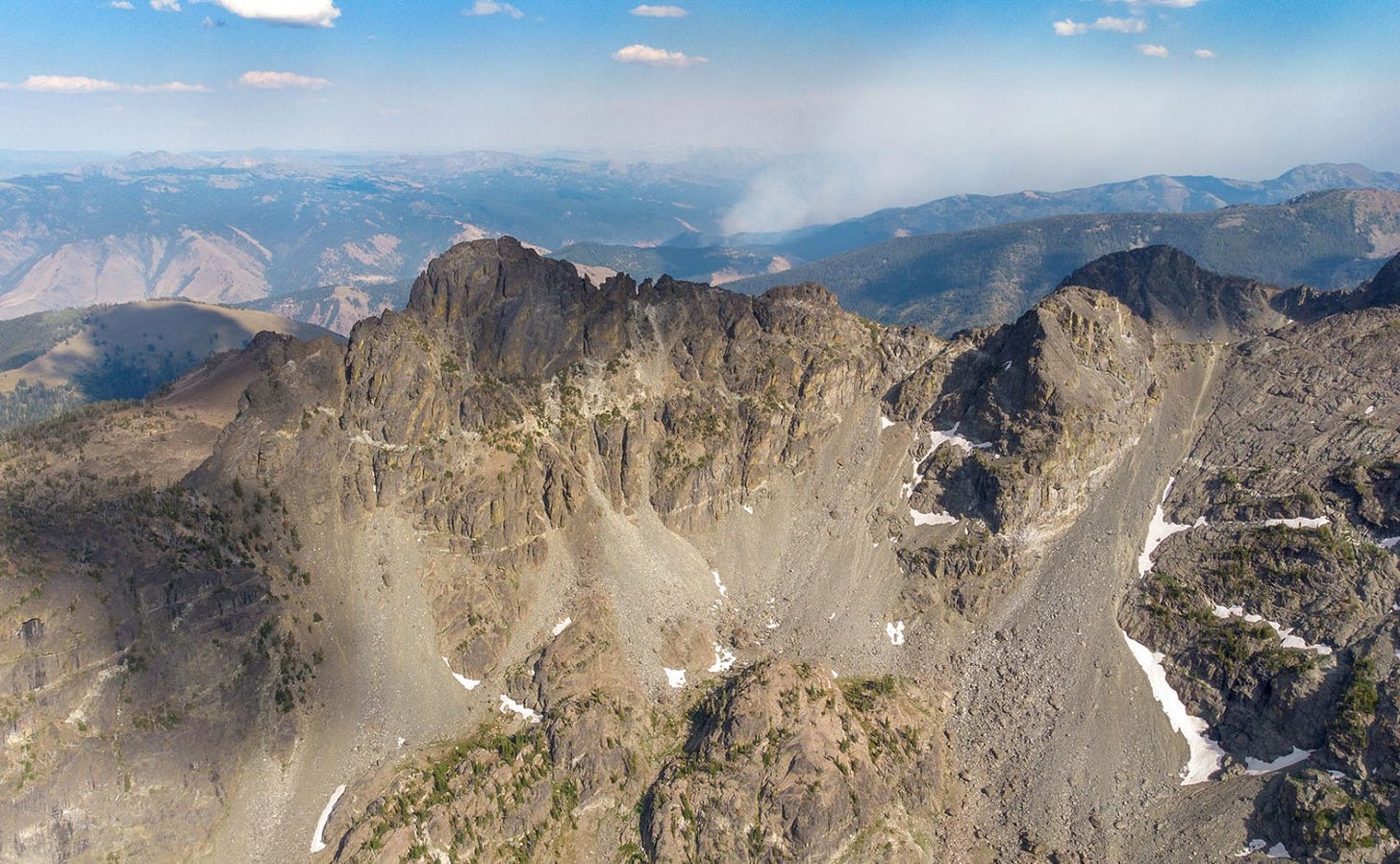
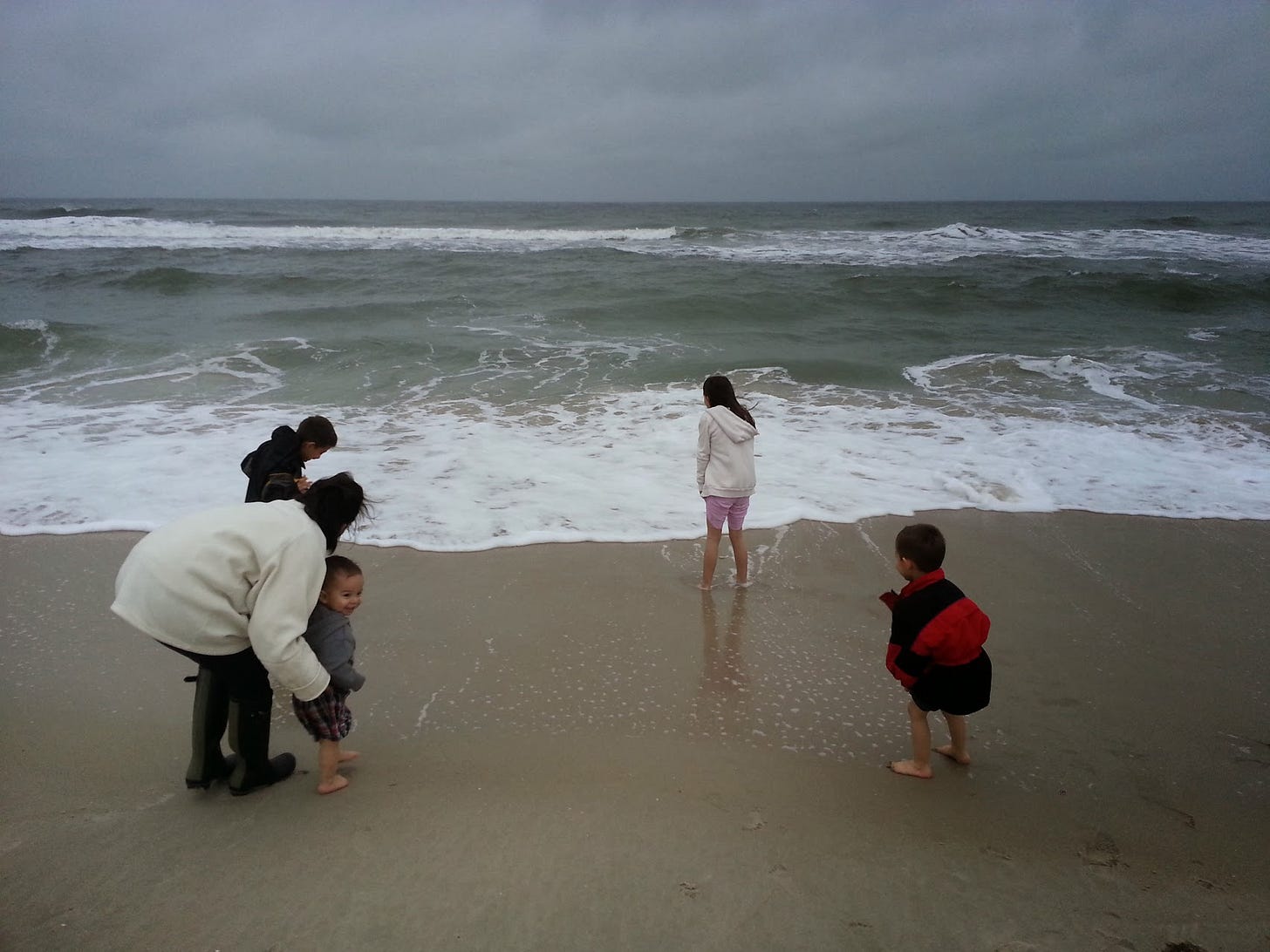
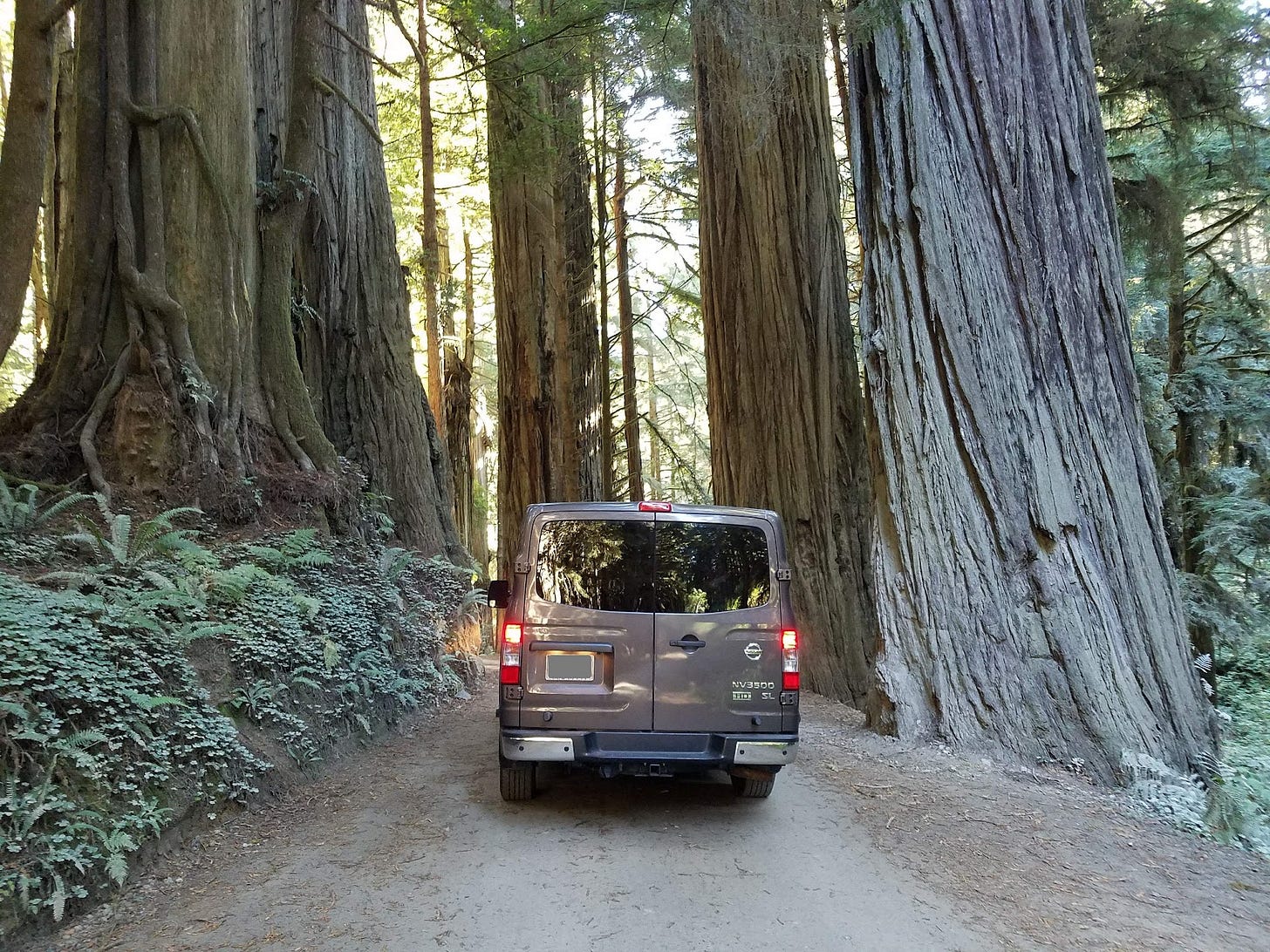
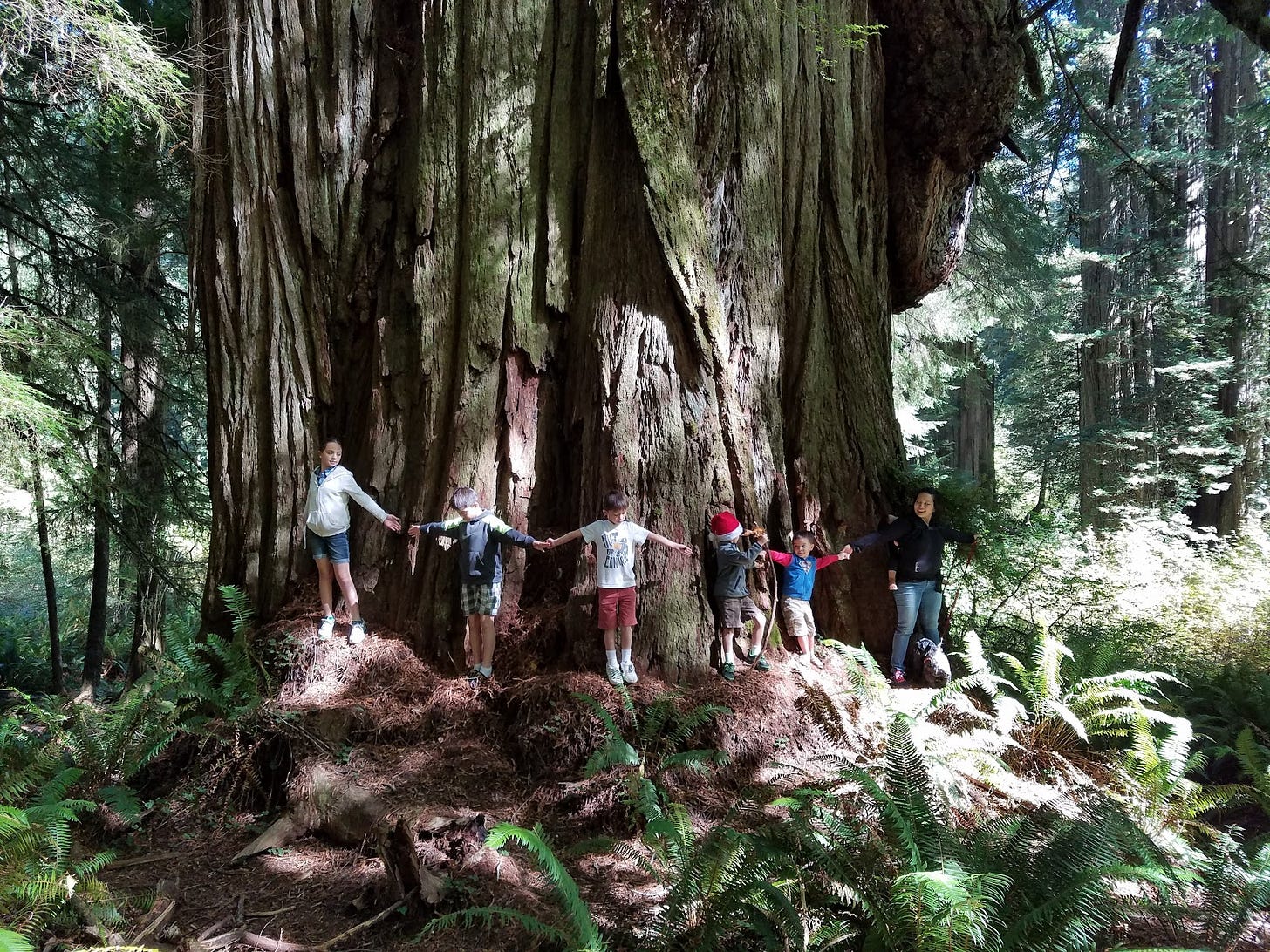
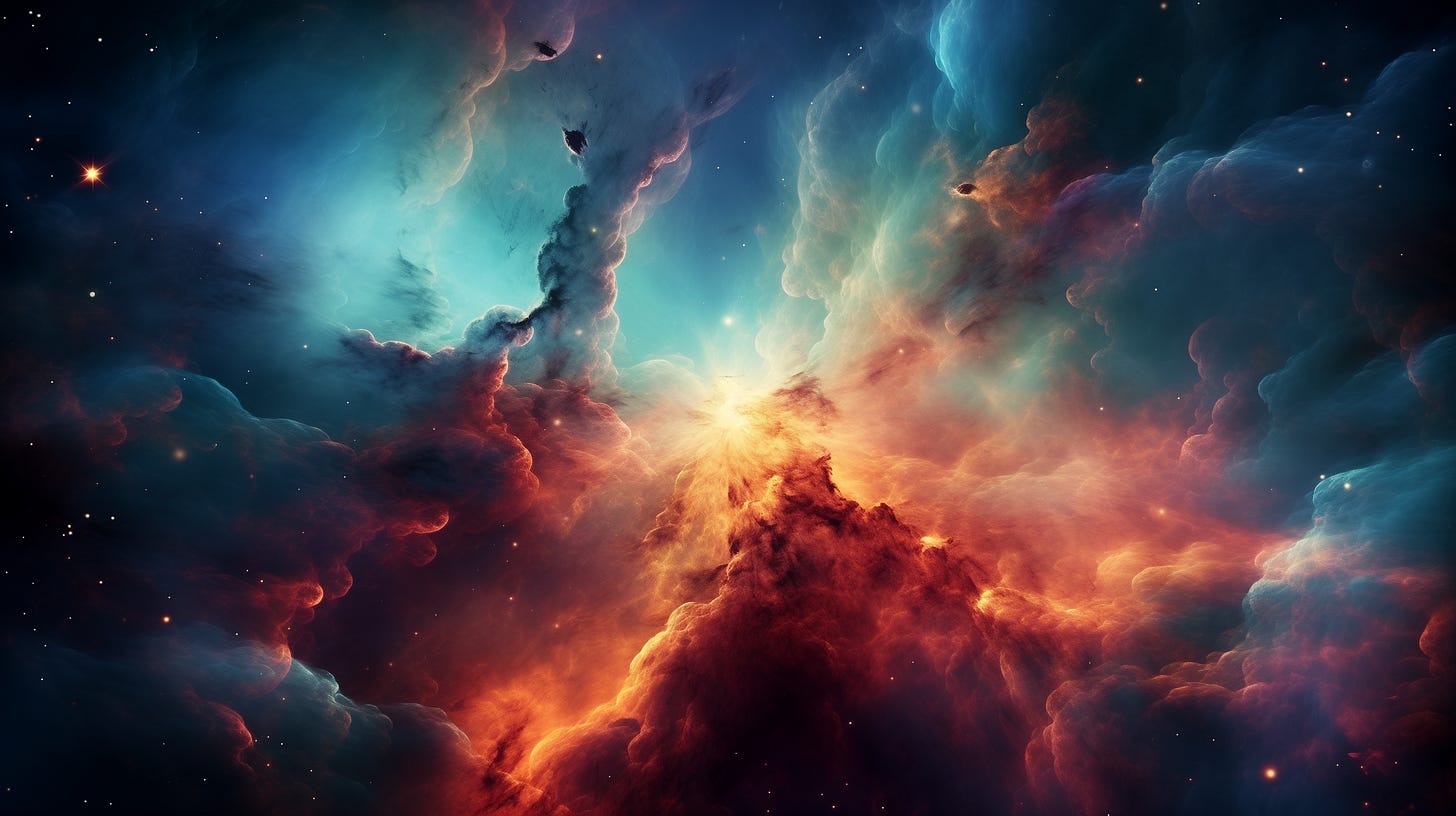

Once on a retreat in a heavily forested area of Canada I came across the biggest and most beautiful oak tree I have ever seen, standing on its own, apart from the other trees. I knew instantly that my Celtic and Germanic ancestors would have worshipped it, and understood why. That tree seemed like the embodiment of some divine energy.
Again, at a farm house in rural County Galway, standing outside at the end of the day, I felt a kind of "crowded presence" and now get why my ancestors believed in fairies.
Nature really does seem to be a visible effect or expression of an ineffable something, or someone. Alive in ways that go way beyond what we can think or imagine.
I don't mean to constantly beat the Eastern religion drum here, but only mention this because I care: in what you say above, Steve, you are very close to the Chinese, Taoist idea of the Tao, very close indeed. Have you ever read Lao Tzu or Chuang Tzu, the two foremost Taoist sages? They can at times be hard to fathom (heaven knows I often don't fathom them), but they repay study to the n-th degree. And as I say, you are coming awfully close to them in what you have just written.
Bill Porter/Red Pine's translation of Lao Tzu's Tao te Ching, and Burton Watson's of Chuang Tzu would be a great place to start, if interested.
In any event, lovely column. Thank you.